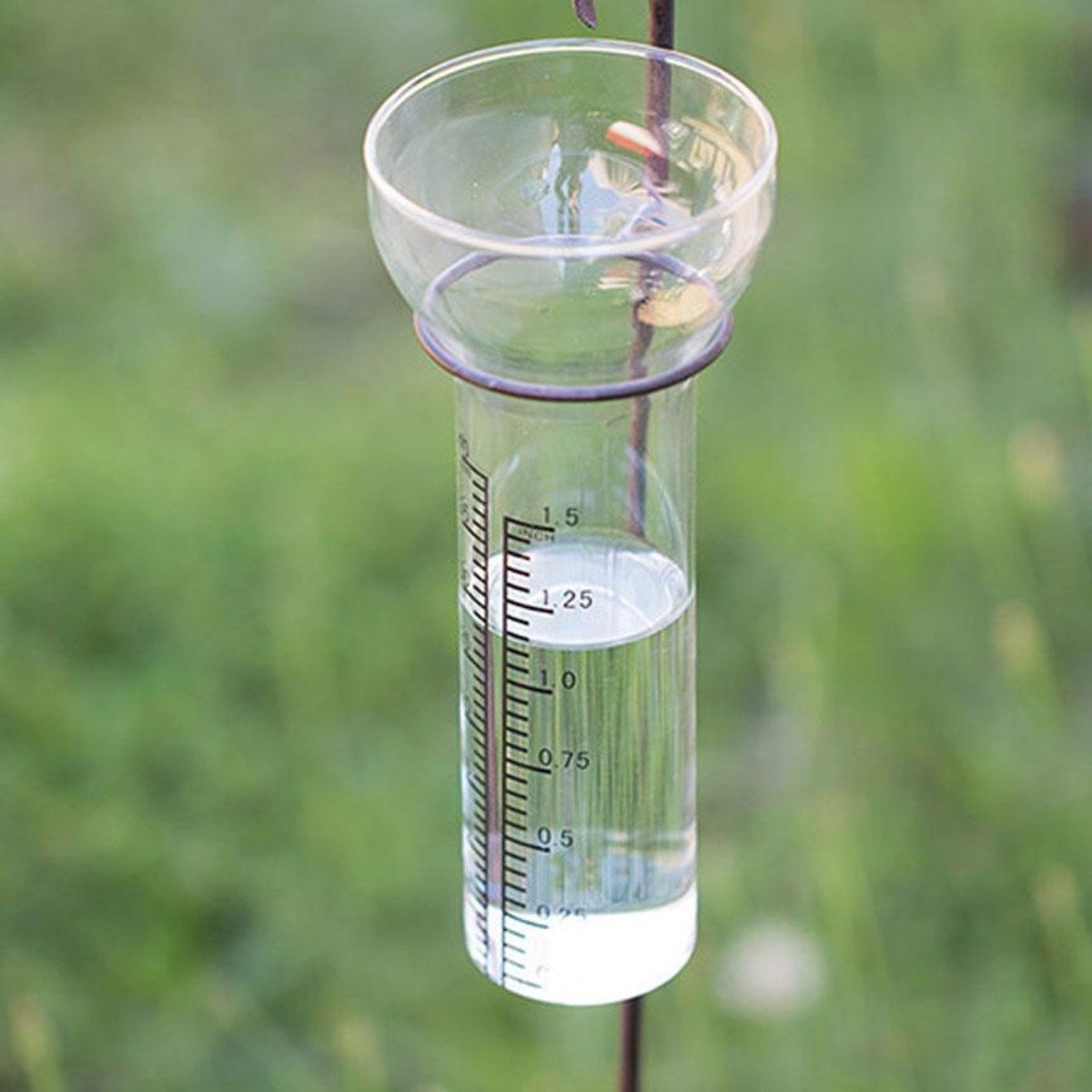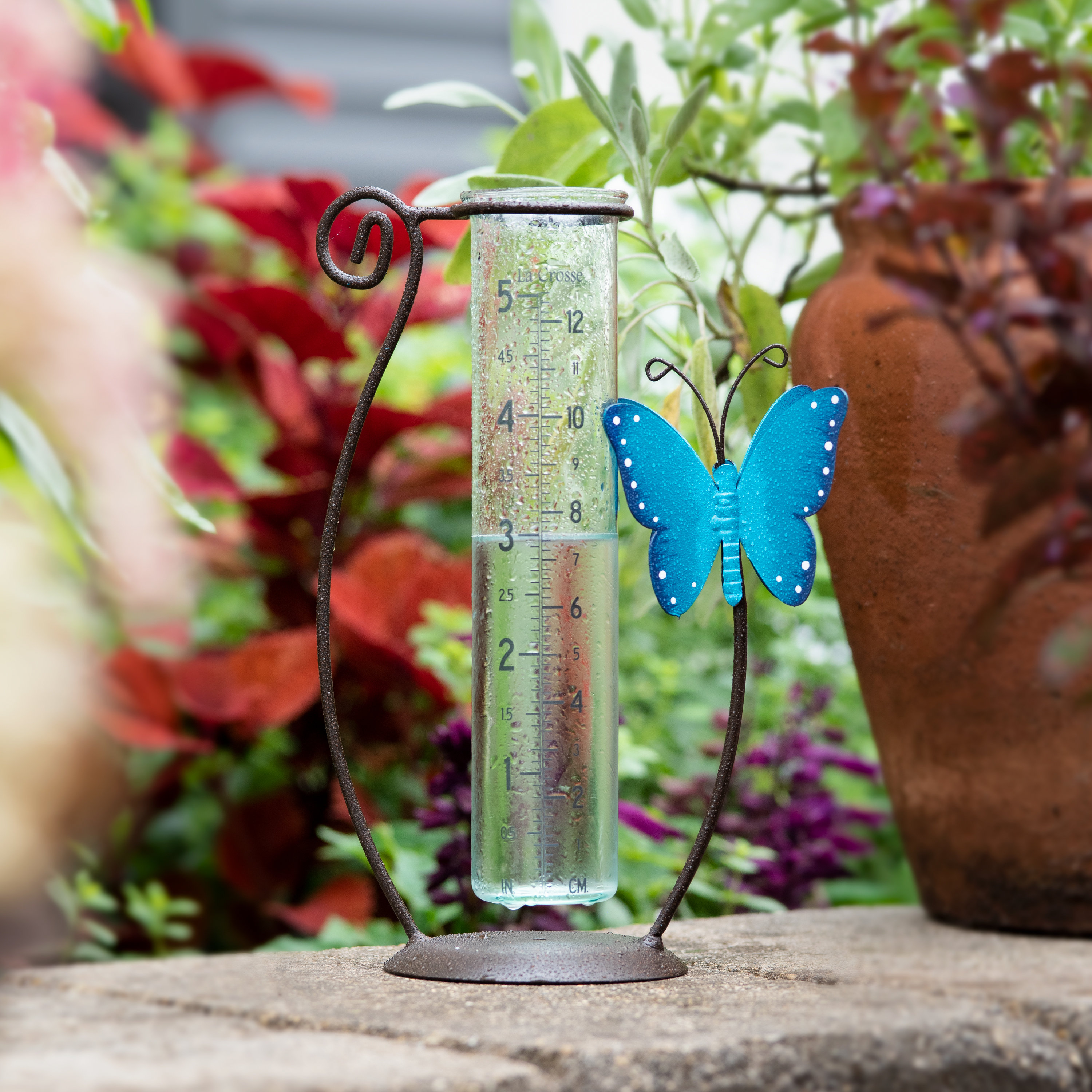The Rain Gauge: Enhancing Agricultural and Environmental Keeping An Eye On Efforts
Wiki Article
DIY Rain Gauge: Simple Steps to Make Your Own
Are you thinking about tracking rainfall in your area? Creating your very own do it yourself rainfall gauge is a effective and easy method to tape and determine precipitation. With simply a couple of usual products and some fundamental actions, you can easily construct your own rainfall gauge in your home. In this overview, we will offer you with a detailed process to assist you produce your very own rain gauge. No requirement for any type of specialized understanding or tools - this task can be completed by anybody. By adhering to these straightforward guidelines, you will certainly have a reputable device to measure rains and contribute to your understanding of the local weather patterns. Let's obtain begun on making your Do it yourself rain gauge today!Gather Products
To begin creating your DIY rain scale, gather all the needed products utilizing a comprehensive list of items. Having the right materials handy will certainly make certain the successful production of your rainfall scale and allow for precise dimensions of rains. To start with, you will certainly require a clear plastic container or cylinder, such as a plastic container or jar. Ensure the container is transparent to ensure that you can easily see the water degree inside. Next, you will call for a ruler or gauging tape to mark the increments on the container. This will allow you to determine the quantity of rainfall properly. Additionally, you will certainly need a permanent pen or water-proof tape to note the measurements on the container. This will make certain that the markings continue to be visible even when subjected to rain. You will need a tough base or stake to securely hold your rainfall scale in location. This can be a wooden or metal risk that can be put into the ground or a sturdy flat surface to offer stability. Gathering these products beforehand will certainly enhance the construction procedure and make certain that you have every little thing you require to produce your very own DIY rainfall gauge.Prepare the Container

Mark the Measurement Increments
To precisely measure the amount of rainfall, precisely noting the dimension increments on your do it yourself rain scale is essential. Without exact and clear markings, it would be hard to establish the specific quantity navigate to this site of rainfall gathered in your rainfall scale. Right here are the steps to note the dimension increments on your rainfall gauge.The most usual systems for determining rainfall are millimeters and inches. When you have actually chosen the unit, use an irreversible marker or water-proof paint to note the increments on the side of your rain scale.
When marking the increments, it is necessary to ensure that they are uniformly spaced and clearly noticeable. Use a ruler or measuring tape to make certain accuracy and consistency. Furthermore, see to it that the markings are immune to fading or abrading, as direct exposure to the elements might cause them to deteriorate in time.
Place the Rain Scale Outdoors
The rain gauge ought to be placed outdoors to accurately collect rains data. The place selected for the rainfall gauge must be open and cost-free from any type of blockages that might potentially influence the dimension of rainfall. It is necessary to find a spot that is not obstructed go to these guys by trees, structures, or other frameworks that might block the rainfall from reaching the gauge. This will make certain that the accumulated information is representative of the real rains in the area.Additionally, it is vital to position the rainfall gauge on a stable surface, such as a level ground or a tough post. This will protect against any type of movement or tilting of the gauge, which can cause imprecise measurements. It is likewise suggested to stay clear of placing the gauge near any type of sources of synthetic water, such as lawn sprinklers or drain systems, as this could disrupt the precision of the measurements.
Screen and Document Rain Data
Normal surveillance and recording of rains data is vital for exact data evaluation and analysis. By monitoring rains measurements, you can obtain useful understandings into weather condition patterns, climate patterns, and water resource management. To successfully keep track of and videotape rains data, it is necessary to develop a regular and maintain constant methods.First of all, make certain that your rainfall gauge is placed in an open location away from challenges such as trees or structures that might obstruct rains. Additionally, see to it the rain scale is level and firmly anchored to stop any type of movement that could affect the precision of the measurements.

When recording the rainfall information, it is very important to note the day and time of each measurement. Make use of a ruler or a measuring stay with figure out the rainfall deepness in the rain gauge, and record this information properly.
To guarantee the accuracy of the dimensions, it is advised to clear the rain gauge after each recording. This will certainly avoid any kind of overflow or evaporation from influencing succeeding dimensions.
Verdict
In conclusion, creating a DIY rain scale is a useful and straightforward means to keep track of and videotape rains information (The Rain Gauge). By following the steps laid discover here out in this short article, you can easily collect products, prepare the container, mark the dimension increments, and position the rainfall gauge outdoors. Frequently keeping track of and recording rains data can give valuable information for different purposesHaving the appropriate products on hand will certainly make certain the successful development of your rainfall scale and enable for precise dimensions of rainfall.To precisely determine the amount of rainfall, properly marking the measurement increments on your Do it yourself rainfall scale is important.The rain gauge ought to be positioned outdoors to properly accumulate rains information. The place selected for the rainfall scale should be cost-free and open from any obstructions that could possibly impact the dimension of rains.In verdict, producing a DIY rain gauge is a easy and functional means to keep an eye on and videotape rainfall information.
Report this wiki page